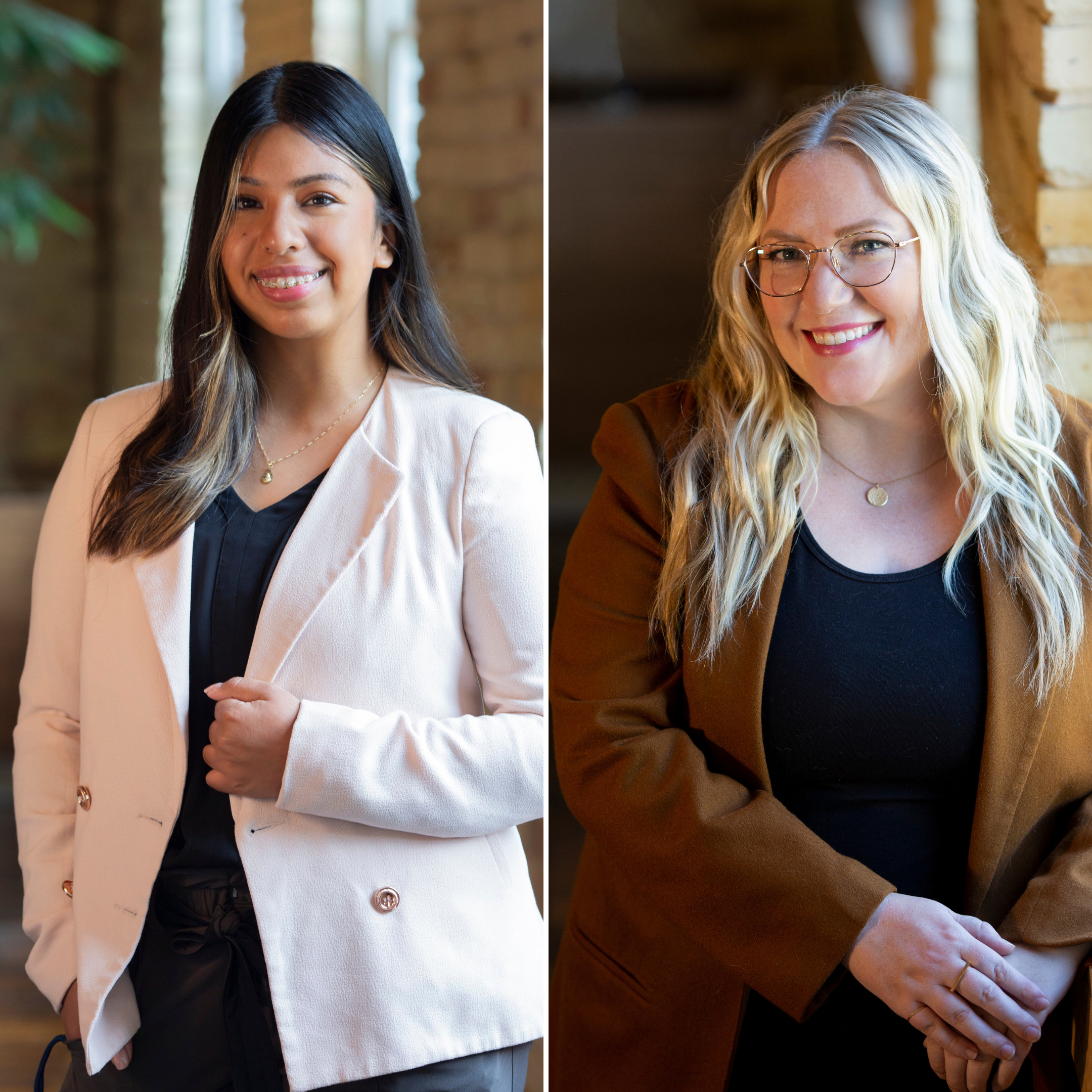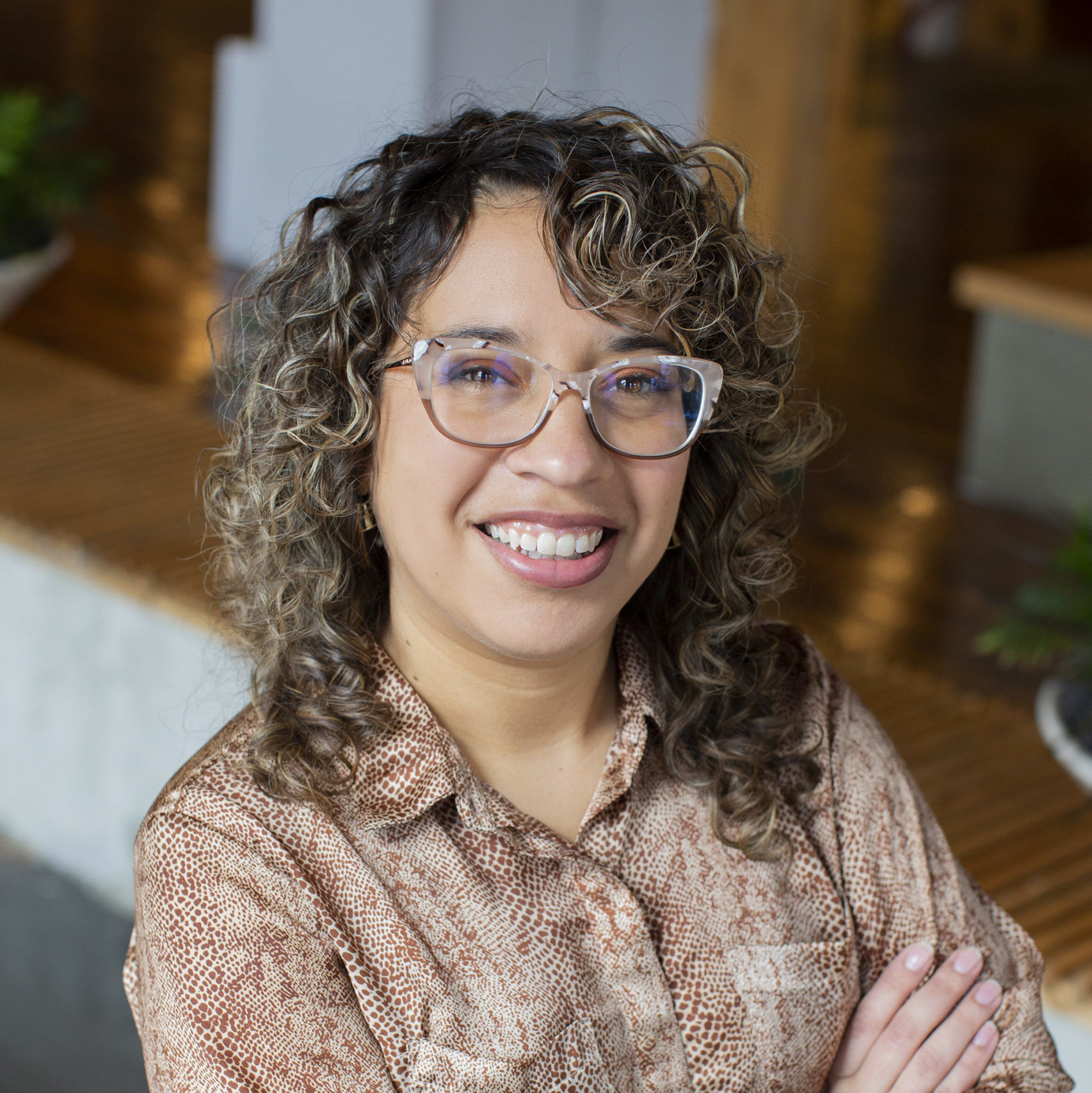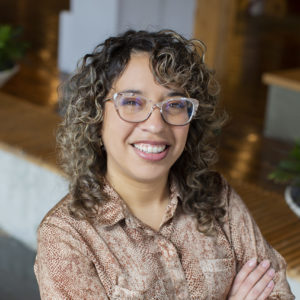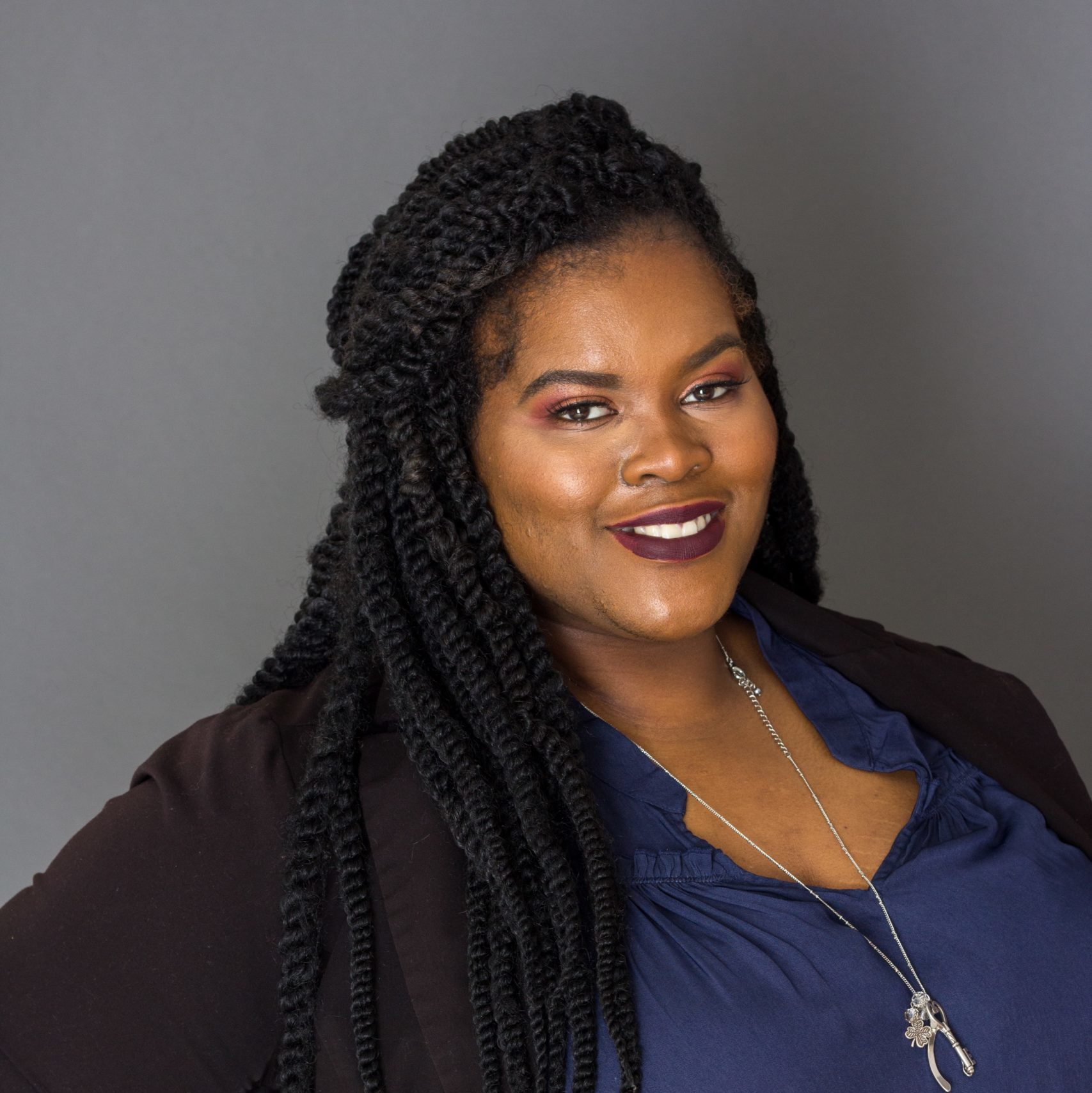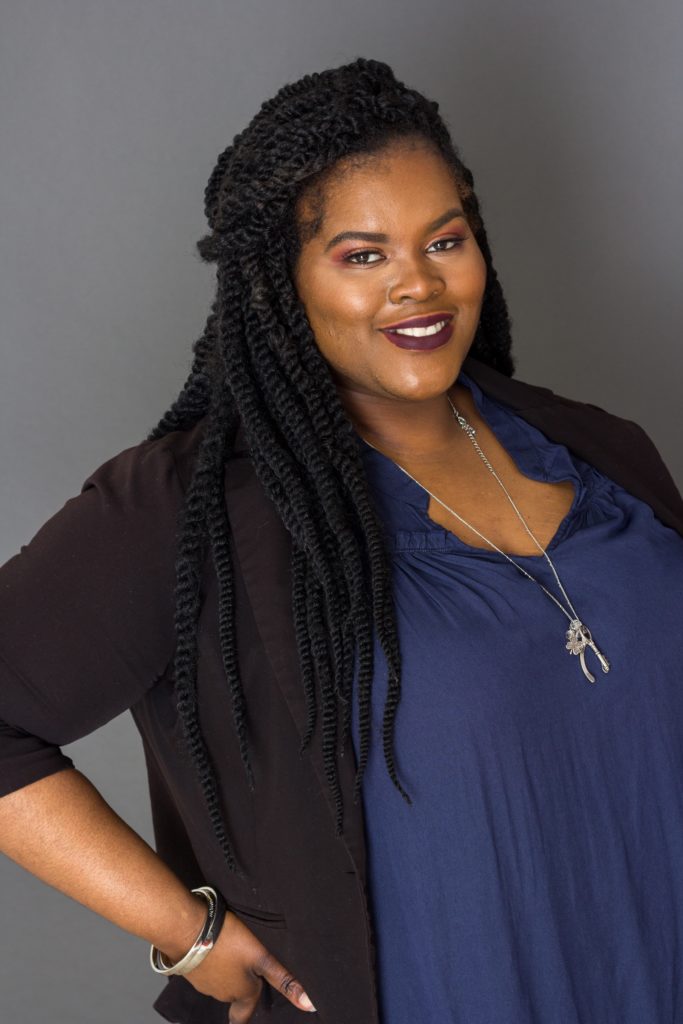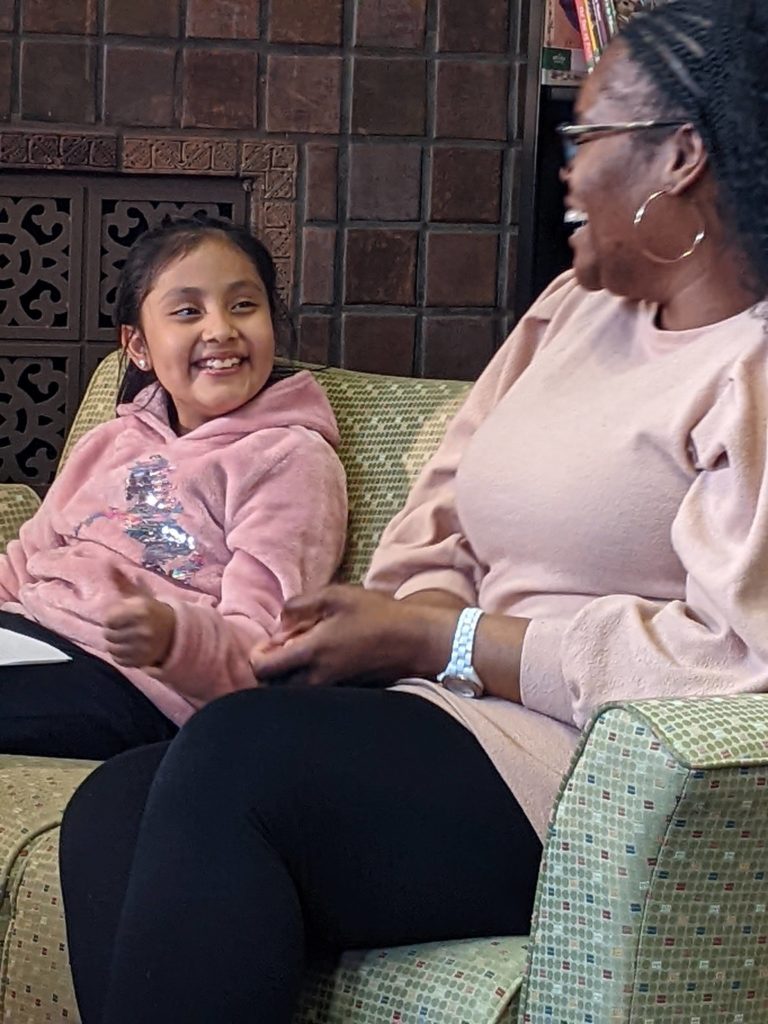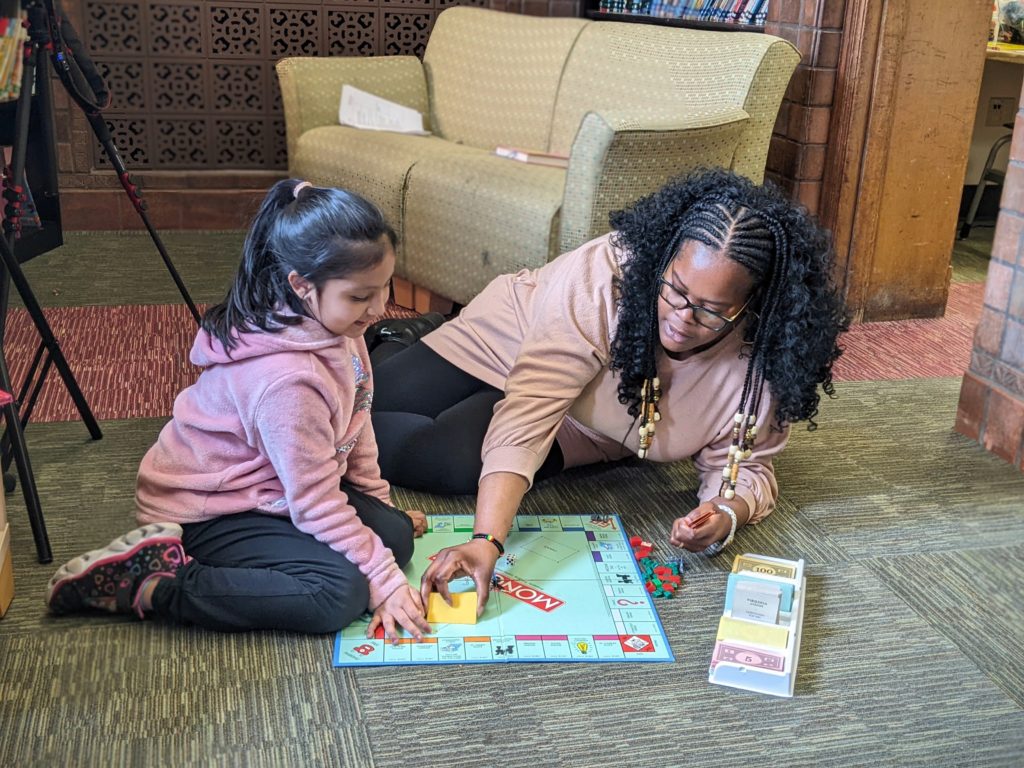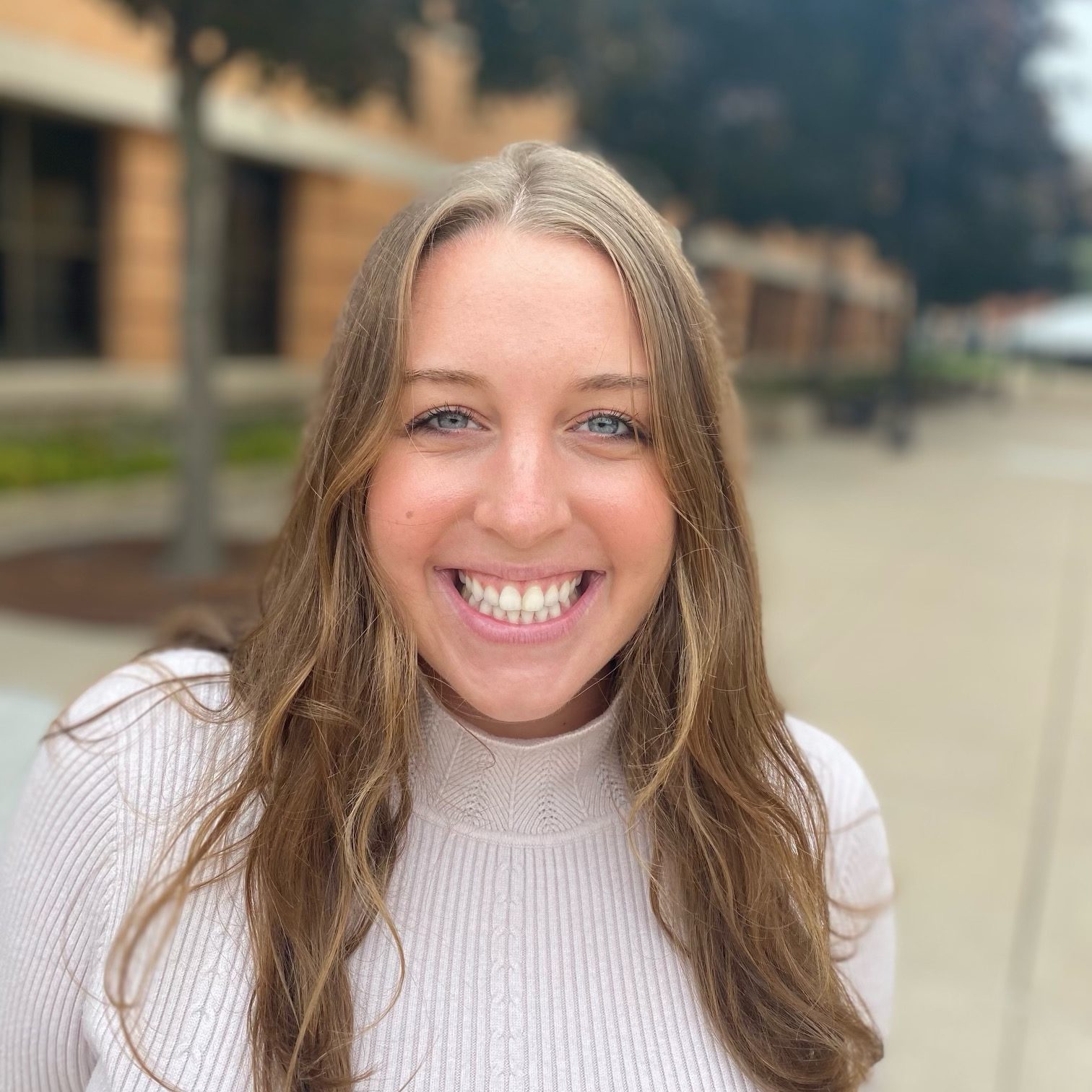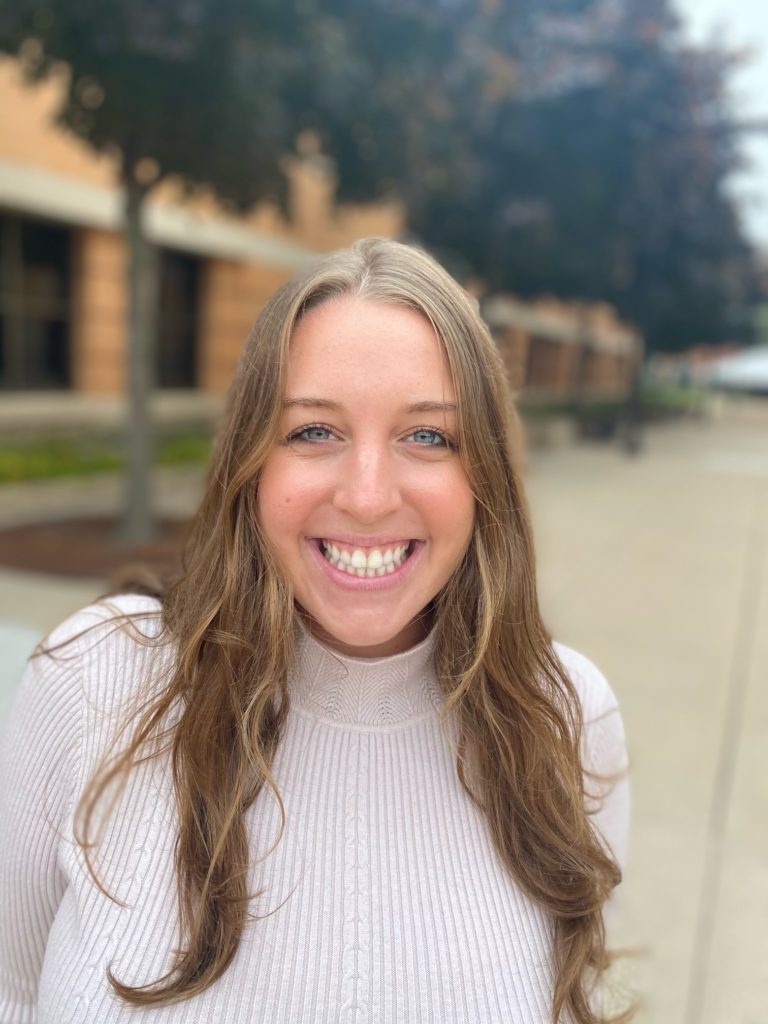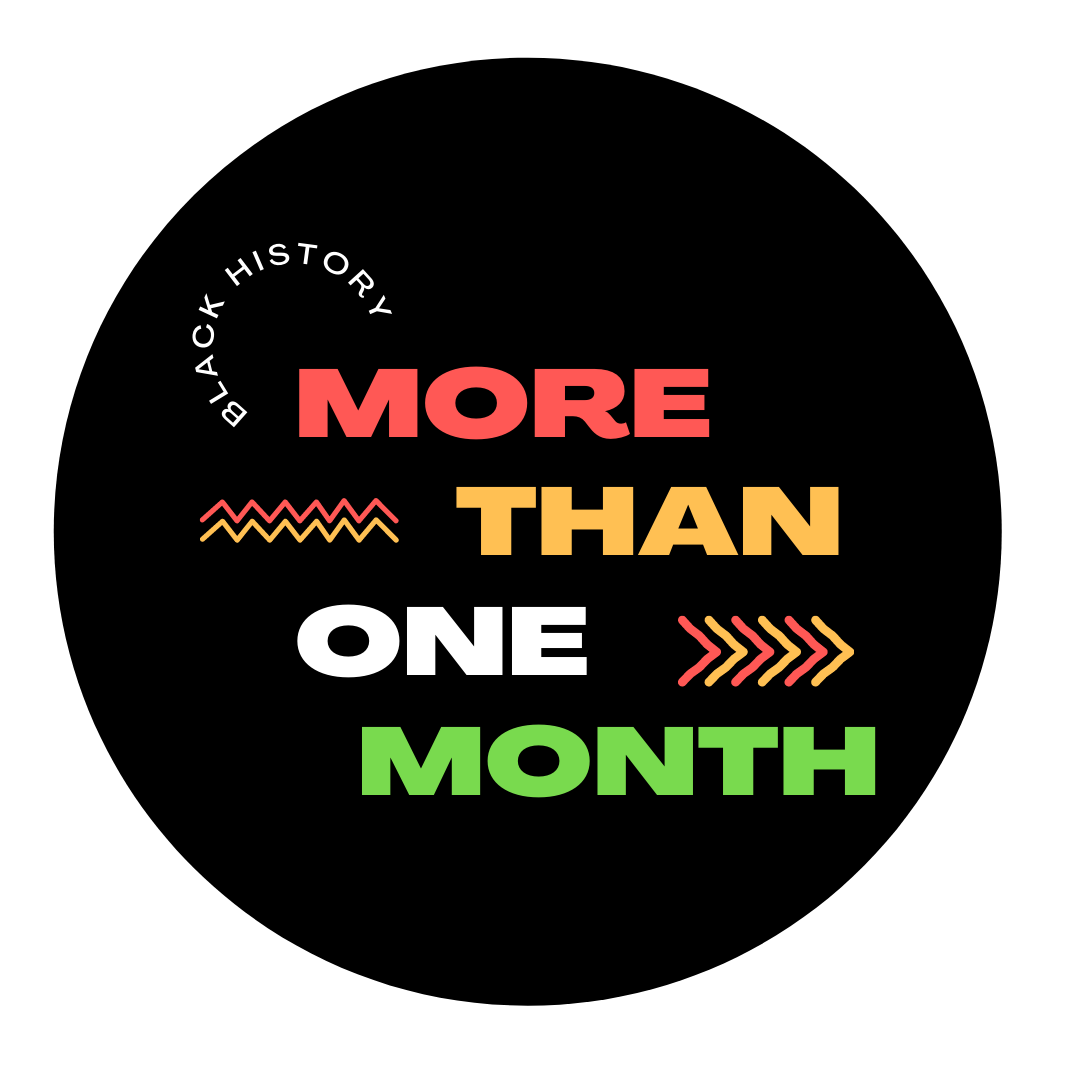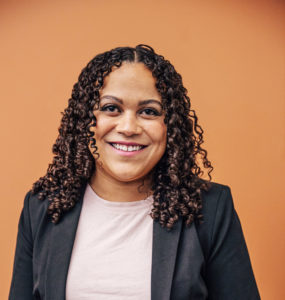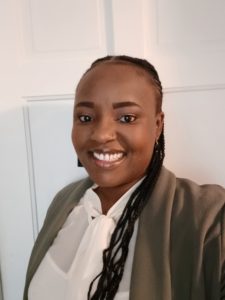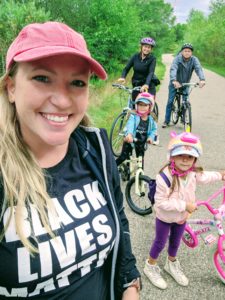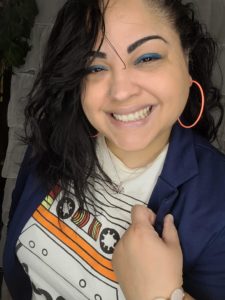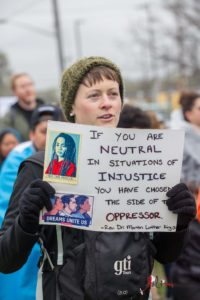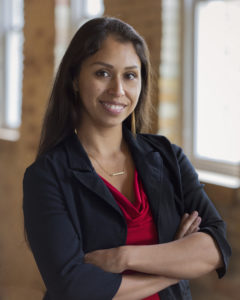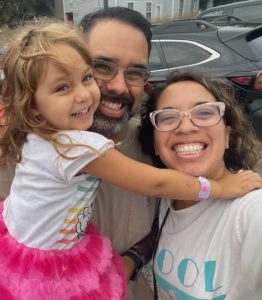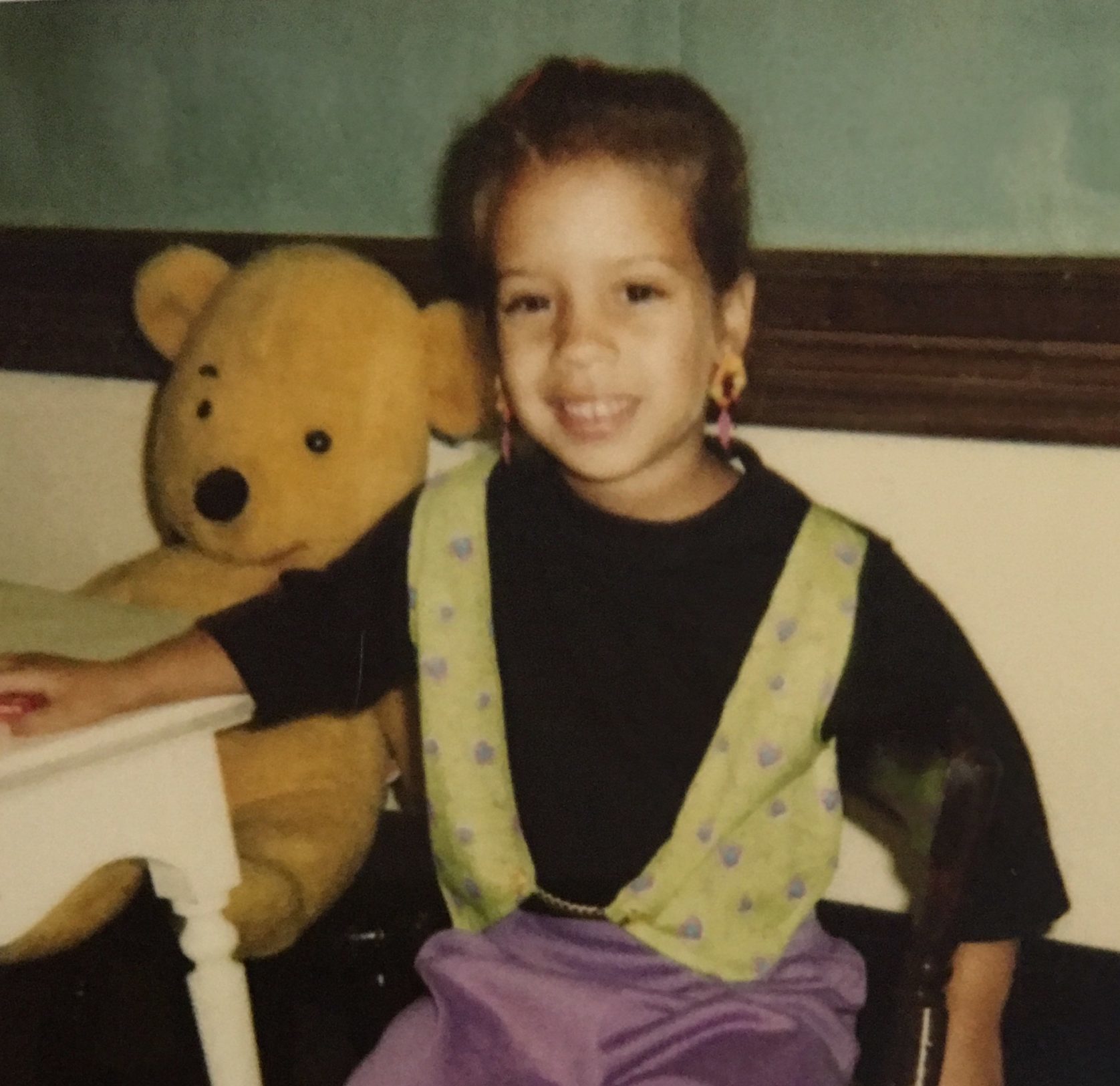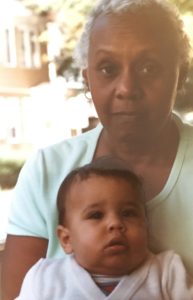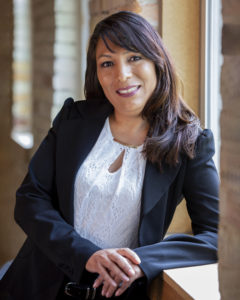October 2022

We are celebrating two Affinity team members, Angela Reyna and Rachel Humphreys, as they take the next steps in their careers! Both joined Affinity’s team in 2018 and have been integral members in its expansion and propelling the organization towards a more equitable future.
Angela Reyna | Angela was a mentee in the Burton Mentoring Program (read past the blog) nearly 20 years ago. Then in 2018 she joined the team as a Program Assistant; supporting students, mentors, and families at each Mentor Center. In 2021 she was promoted to Lee Middle School Site Coordinator where she not only opened a new site, she also co-led and co-founded both the Middle School Mentoring Steering Committee and Diversity, Equity, and Inclusion (DEI) Committee.
As a Burton and Godfrey-Lee alum Angela brought personal experience, passion, and creativity to the organization. We are grateful for her work and wish her well on her future endeavors. Angela’s last day is October 13th.
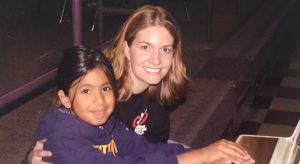
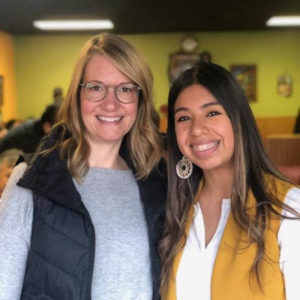
Fun Fact: Angela and her mentor, Wendy, are STILL in contact. This goes to show the impact of mentoring and the lifelong connections that are made.
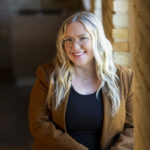
Rachel Humphreys | Rachel joined the Affinity team in 2018 as the Communications and Development Director to help the young nonprofit transition from its partner organization, Mars Hill. Her leadership in advancement helped increase Affinity’s revenue streams, overall budget, and cultivate partnerships with local businesses and nonprofits. The organization has seen a 48% increase in revenue and has expanded from two to five mentor centers.
Rachel was a founding member of the DEI Committee, along with Angela, and advocated for community-centric fundraising, inclusive communications, and cultivating a space of belonging. Her last day is October 14th.
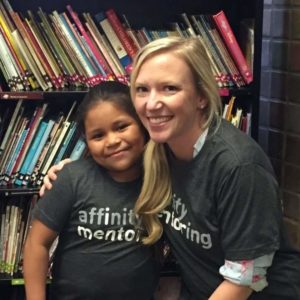
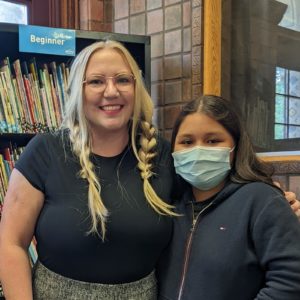
Fun Fact: Rachel was the first mentor Angela interviewed as a new Program Assistant in 2018. The match has been a huge success. Rachel and her mentee, Ericka, have returned for their 5th year of mentoring together.

